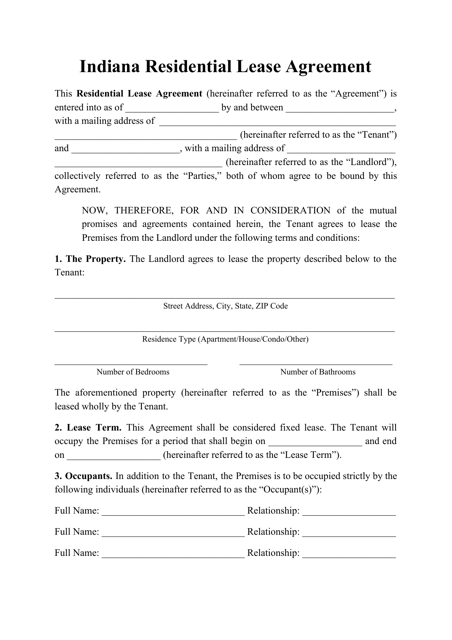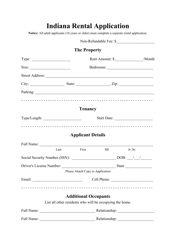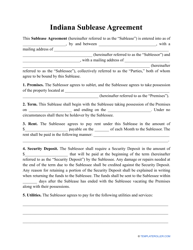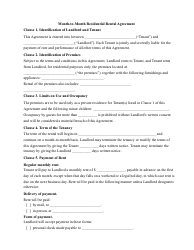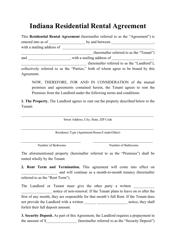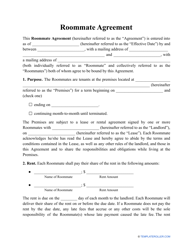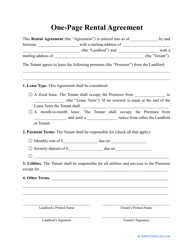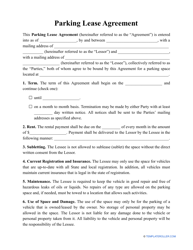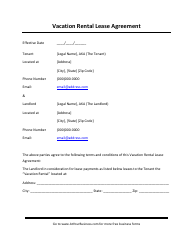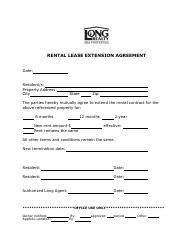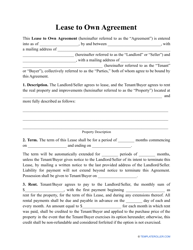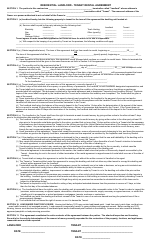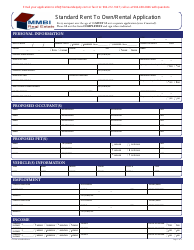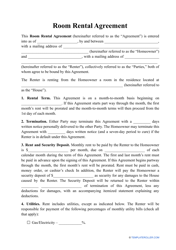Residential Lease Agreement Template - Indiana
A Residential Lease Agreement Template in Indiana is a legally binding document that outlines the terms and conditions between a landlord and a tenant for renting a residential property in the state of Indiana. It covers details such as rent payments, lease duration, responsibilities of both parties, and guidelines for maintaining the property.
The Residential Lease Agreement Template in Indiana is typically filed by the landlord or property owner.
FAQ
Q: What is a residential lease agreement?
A: A residential lease agreement is a legal contract that outlines the terms and conditions under which a tenant agrees to rent a property from a landlord.
Q: What is the purpose of a residential lease agreement?
A: The purpose of a residential lease agreement is to protect the rights and responsibilities of both the landlord and the tenant during the rental period.
Q: Is a residential lease agreement legally binding?
A: Yes, a residential lease agreement is legally binding once both the landlord and the tenant have signed it.
Q: What information should be included in a residential lease agreement?
A: A residential lease agreement should include the names and addresses of both the landlord and the tenant, the rental property address, the lease term, the rent amount and payment terms, and any additional terms and conditions.
Q: Can a landlord increase the rent during the lease term?
A: Generally, a landlord cannot increase the rent during the lease term unless specified in the lease agreement.
Q: What happens if a tenant violates the terms of the lease agreement?
A: If a tenant violates the terms of the lease agreement, the landlord may have the right to terminate the lease and evict the tenant.
Q: Can a landlord enter the rental property without permission?
A: In most cases, a landlord must provide notice and obtain the tenant's permission before entering the rental property, except for emergencies or agreed-upon maintenance and repairs.
Q: What should a tenant do before signing a residential lease agreement?
A: Before signing a residential lease agreement, a tenant should thoroughly read and understand all the terms and conditions, ask any questions or seek legal advice if needed, and inspect the rental property.
Q: Can a tenant make changes to the rental property without the landlord's permission?
A: Generally, a tenant cannot make changes to the rental property without the landlord's permission, unless specified in the lease agreement or necessary for health and safety reasons.
Q: What happens at the end of a residential lease agreement?
A: At the end of a residential lease agreement, the tenant may have the option to renew the lease, negotiate new terms, or move out of the rental property.
